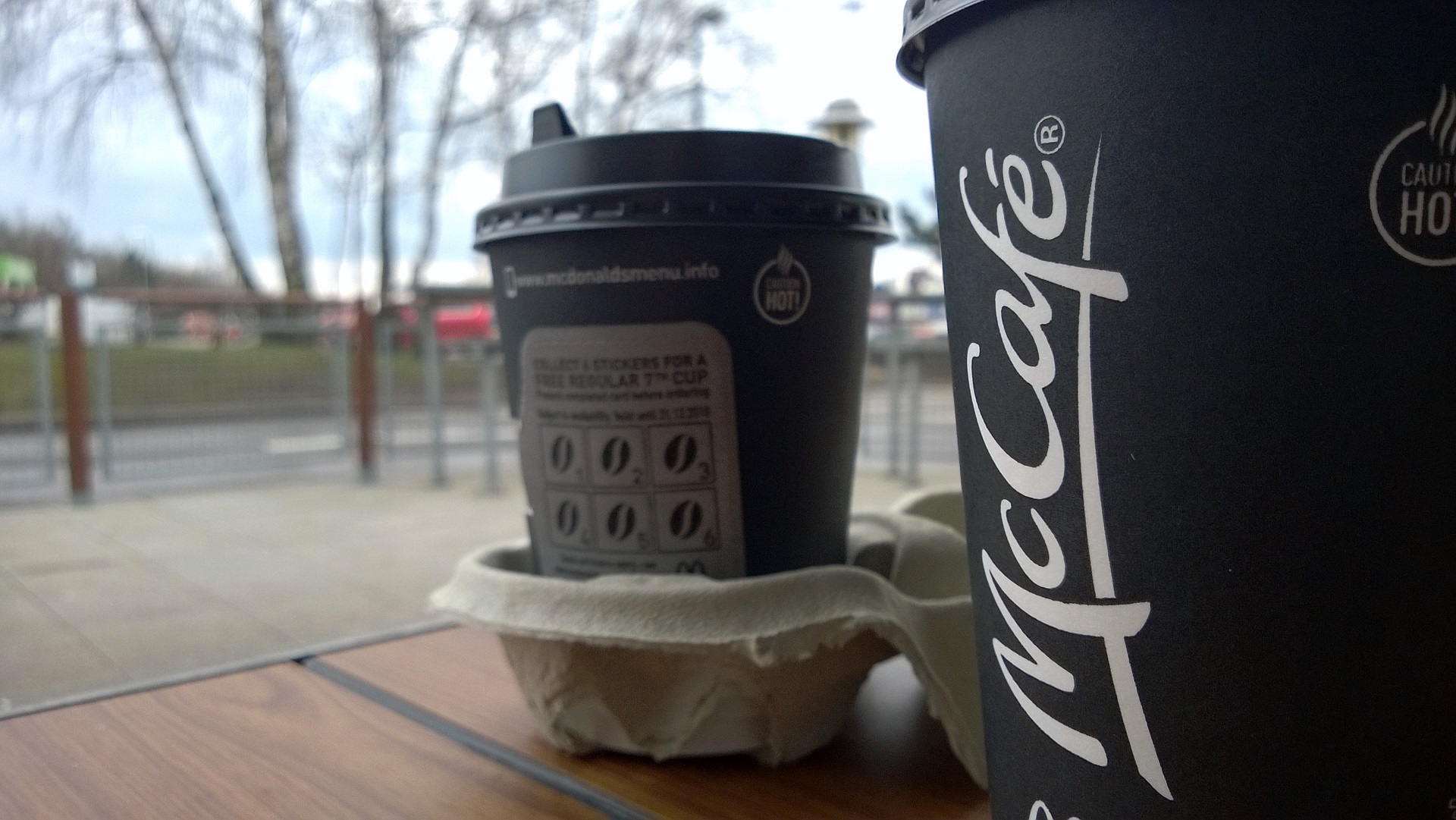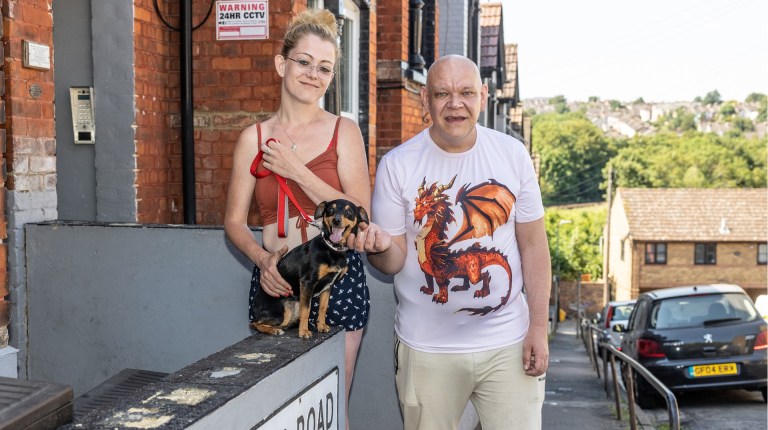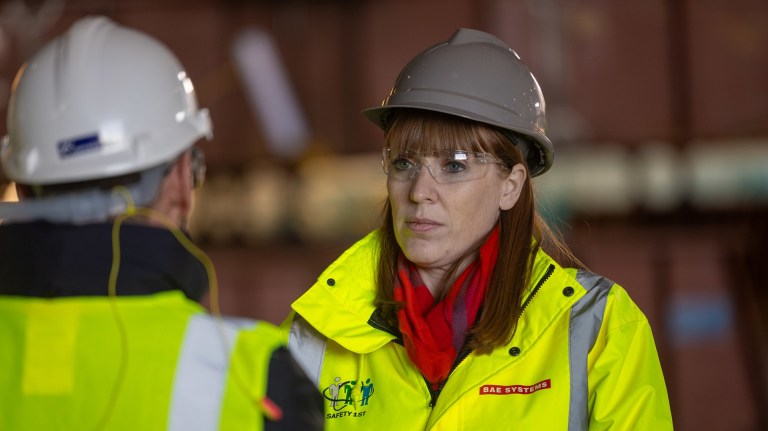He wants McDonald’s to continue with the physical stickers.
“I think it’s ludicrous,” said Skott. “It’s going to have a knock-on effect because I know a few people who use them for the homeless and it’s going to put a stop for all of that.
“It’s not going to have a huge impact in this weather but come winter time if you give someone who is homeless five or six coffees they can go and get in their own time, it’s quite a big thing.
“I’d like to see McDonald’s continue with the stickers. I can’t see a need to do it on the app. To someone who needs a coffee on a cold day, it can be big. People don’t realise but the impact of a coffee actually is massive.”
The pair were not alone in criticising the fast food firm. Another social media user tweeted at McDonald’s: “I was disappointed to see from April you are getting rid of your physical hot drink loyalty cards and can only collect via the app. I always, like many others, give my completed cards to homeless people so they can get a hot drink but now I won’t be able to!”
Advertising helps fund Big Issue’s mission to end poverty
Another user added: “I have no loved experience of being homeless so forgive me if I’m barking up the wrong tree here.
“It worries me that I’m seeing McDonalds now only accepting free coffee tokens via an app and not the little stickers. I thought a lot of homeless folk and people in tough times collected the thrown away tokens to maybe get a drink in the morning or whenever. I’m concerned that as we move away from a paper-based currency how this will affect people without access to bank accounts or mobile phones.
“And now that companies are moving away from any kind of paper reward card systems its bound to have a knock-on effect and make the world even harder for people less privileged.”
McDonald’s announced plans for the change back in March. The Big Issue has approached McDonald’s for comment.
The fast food restaurant’s digital move is part of a wider move away from physical payments in society.
Advertising helps fund Big Issue’s mission to end poverty
The Bank of England found 23 per cent of all transactions in 2019 were paid for in cash, compared to 60 per cent a decade earlier and warned that Covid-19 had “magnified” the shift towards a cashless society.
But there have been warnings that the shift to a predominantly digital payment system cannot leave people behind. The Bank of England found 2.1 million people regularly used cash in 2019 while last week Age UK warned one in five elderly people face financial exclusion due to their reliance on notes and coins.
The Big Issue has had to adapt to an increasingly cashless society too, issuing vendors with card readers to take payments from customers in partnership with Zettle at PayPal. As of May 2021, 594 vendors take contactless payments, up from the 193 using card machines before the pandemic.
Gareth Shaw, head of money at Which?, told The Big Issue people who rely on physical payments must not be “left behind”.
“While digital payments offer convenience for many consumers, it’s vital that millions of people who rely on cash, including those who are vulnerable, homeless, managing on low incomes or without bank accounts, are not left behind by these rapid changes to the cash landscape,” said Shaw.
“Promisingly, the government has launched its consultation on cash legislation, to ensure that the millions of people who depend on cash can continue to access their money locally.
Advertising helps fund Big Issue’s mission to end poverty
“As cash machine and bank branch numbers continue to decline sharply, this legislation cannot be introduced soon enough.”









